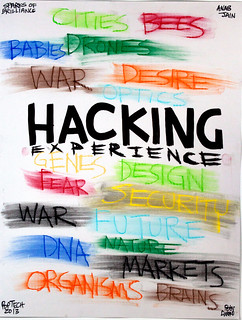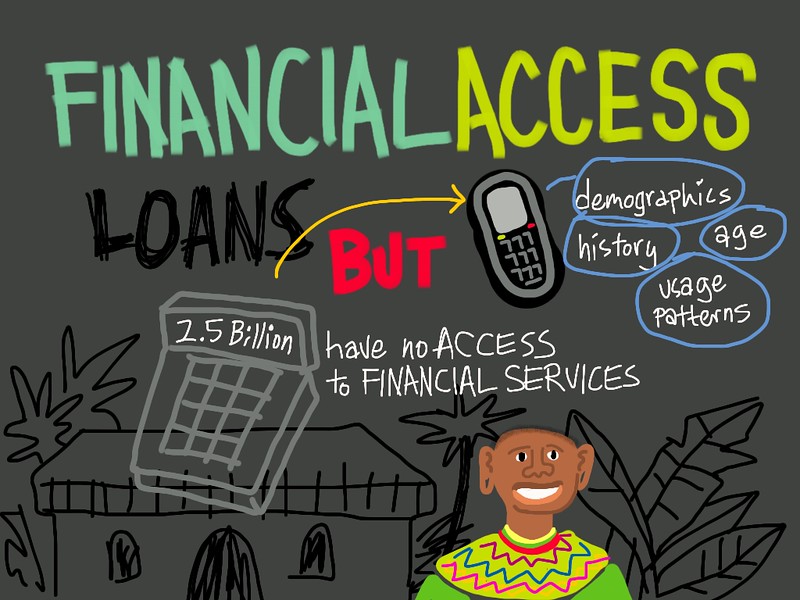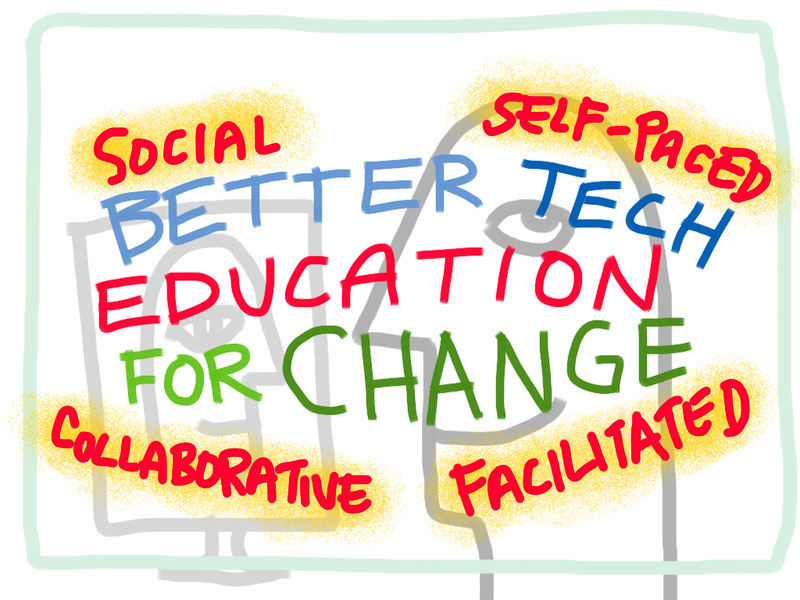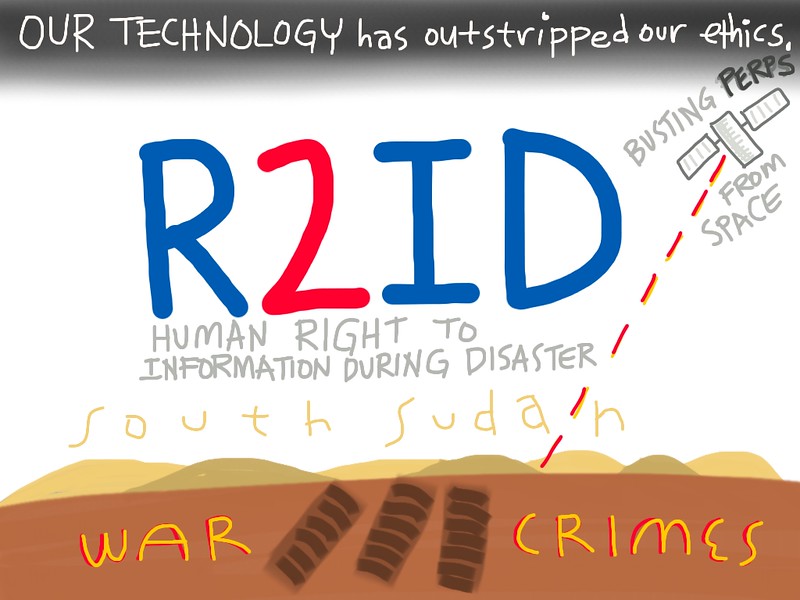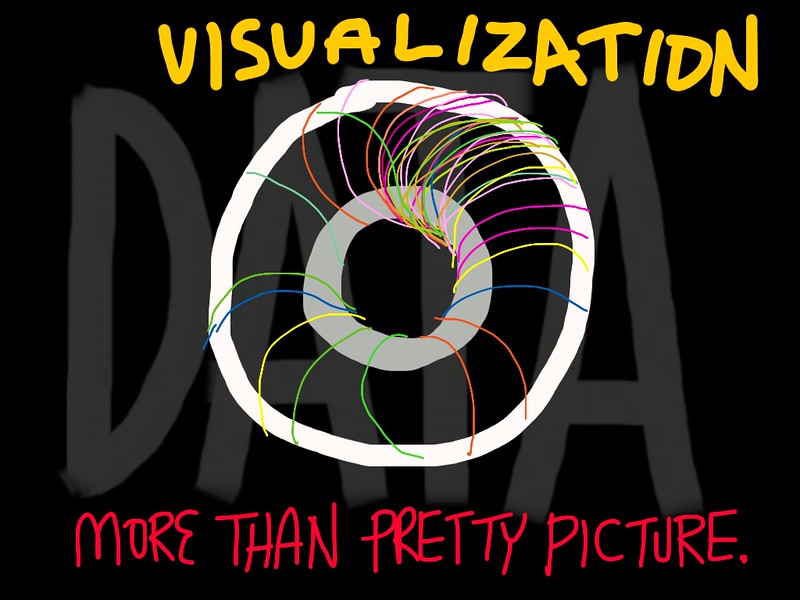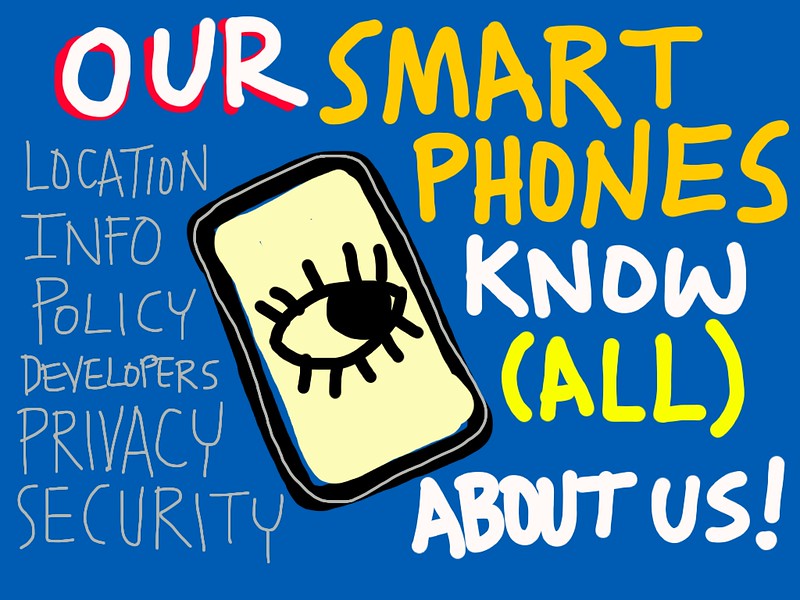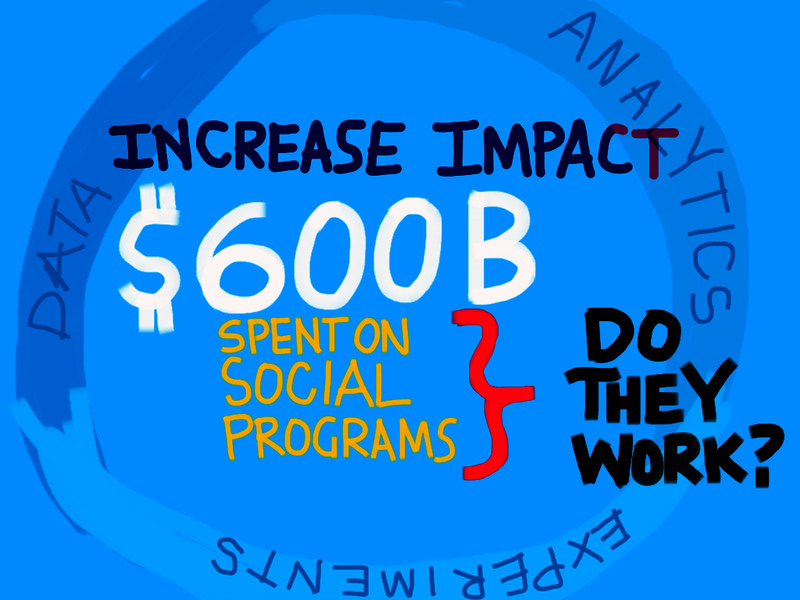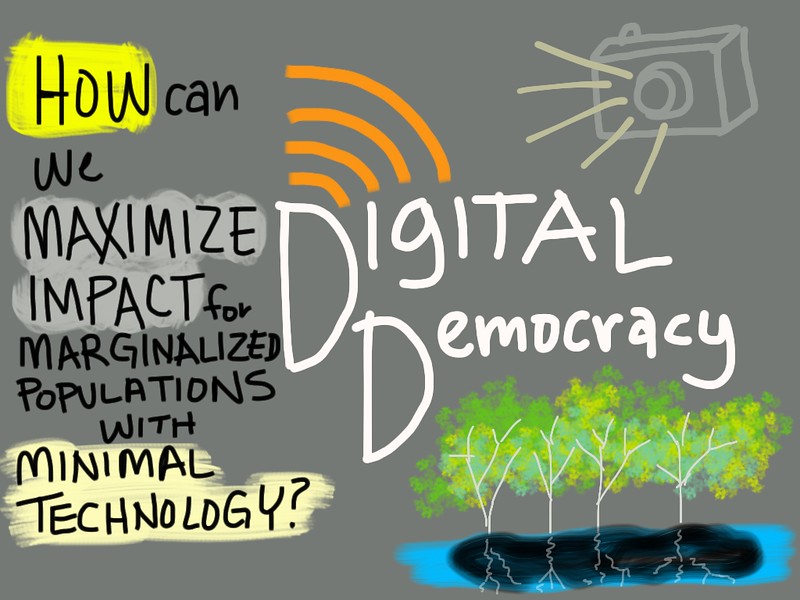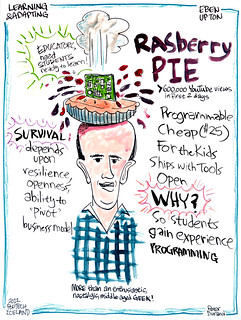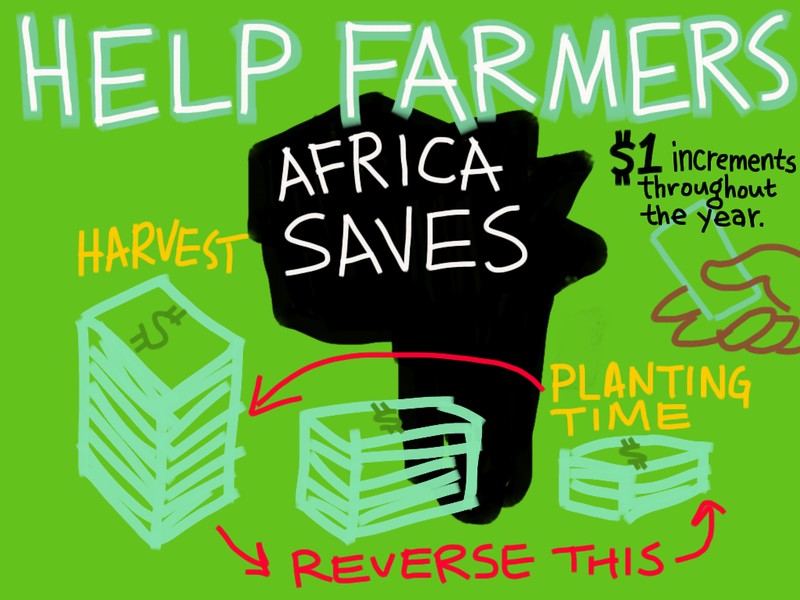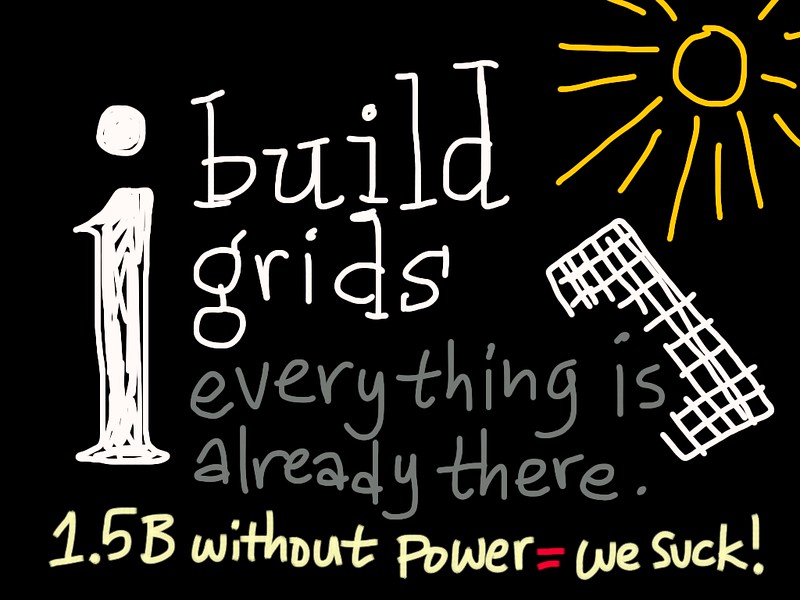Clapperton Mavhunga: The importance of going back
/Clapperton Chakanetsa Mavhunga is associate professor of science, technology, and society at MIT and visiting associate professor at the University of the Witwatersrand, South Africa. He is working to establish interdisciplinary and applied STS programs to train the next generation of Africa’s policymakers, engineers, scientists, and entrepreneurs in inclusive, ethical, and context-specific tools of trade.




